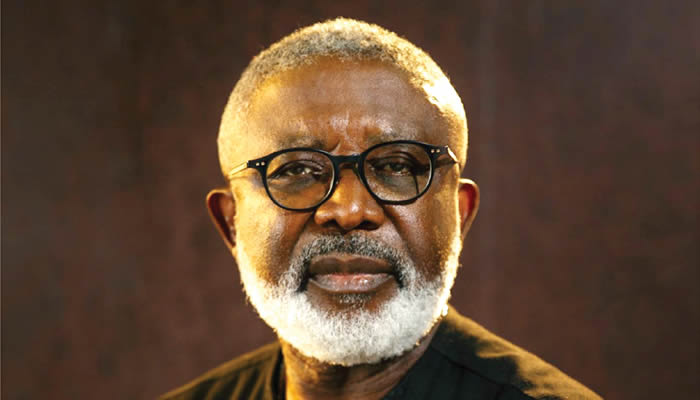The exodus of Nigerian athletes to other countries is a recurring theme in Nigerian sports, a disheartening trend that underscores the systemic failures within the nation’s sports administration. Dan Ngerem, former president of the Athletics Federation of Nigeria (AFN), attributes this talent drain to the poor welfare and mismanagement of athletes, arguing that Nigeria invests heavily in developing athletes from a young age but fails to provide adequate support once they reach the elite level. This creates a disheartening paradox where the country nurtures talent only to see it flourish under the banners of other nations. The recent reported switch of sprinter Favour Ofili to Turkey serves as a stark reminder of this persistent issue.
Ngerem criticizes the short-sightedness of Nigeria’s approach to sports administration, highlighting the disconnect between developing athletes and sustaining their careers. He points out that while considerable resources are allocated to training athletes from primary school through their development, the system falters when it comes to providing the necessary support for their long-term success. This lack of continuity and long-term planning leaves athletes vulnerable to offers from countries that are willing to invest in their well-being and career development. The focus, according to Ngerem, is primarily on competitions, with little attention paid to the ongoing needs of the athletes, including their welfare, management, and overall well-being. This “shotgun approach,” as he calls it, ultimately proves unsustainable, leaving a void that other nations are eager to fill.
Ngerem argues against blaming athletes for seeking greener pastures, emphasizing that Nigeria’s neglect of athletes, especially in times of injury or after achieving significant milestones, leaves them with little choice. He cites instances of forgotten Paralympians and injured athletes who have been abandoned by the system, underscoring the lack of appreciation and support for those who have represented the country. This disregard for the well-being of athletes creates an environment where athletes feel undervalued and are more likely to consider offers from countries that prioritize their welfare. The lack of a comprehensive support system, coupled with the focus on short-term gains rather than long-term athlete development, creates a breeding ground for athlete defections.
The former AFN president draws a parallel between sports and business, arguing that sports is indeed a business that requires proper investment and management. He contends that Nigeria’s approach to sports administration is fundamentally flawed, lacking the understanding that long-term success requires more than just funding competitions. The absence of a structured system for managing athletes’ careers, ensuring their welfare, and providing support beyond competitions creates an environment ripe for exploitation by other countries. This “epileptic” management, as Ngerem describes it, is the root cause of the recurring problem of athlete exodus.
Ofili’s reported switch to Turkey highlights the consequences of this systemic neglect. A rising star in the world of athletics, her reported disillusionment with the Nigerian system, coupled with administrative lapses affecting her Olympic participation, has allegedly driven her to seek opportunities elsewhere. This is not an isolated incident; Ofili joins a growing list of Nigerian athletes who have chosen to represent other countries, including notable names like Francis Obikwelu (Portugal), Gloria Alozie (Spain), Florence Ekpo-Umoh (Germany), Femi Ogunode (Qatar), and Salwa Eid Naser (Bahrain). These athletes, having invested their time and effort in honing their skills in Nigeria, ultimately find themselves competing under different flags due to the lack of support and recognition in their home country.
The allure of better opportunities, financial incentives, and a more supportive environment offered by countries like Turkey contributes significantly to this trend. Reports indicate that the Turkish athletics federation has been actively recruiting foreign-born athletes, allegedly offering substantial financial packages to secure high-profile transfers. While the ethical implications of such recruitment strategies can be debated, they expose the vulnerability of Nigerian athletes who feel neglected by their own system. The combination of inadequate support from Nigeria and attractive offers from other countries creates a powerful incentive for athletes to switch allegiances, further depleting Nigeria’s sporting talent pool and hindering the nation’s potential for international sporting success.


